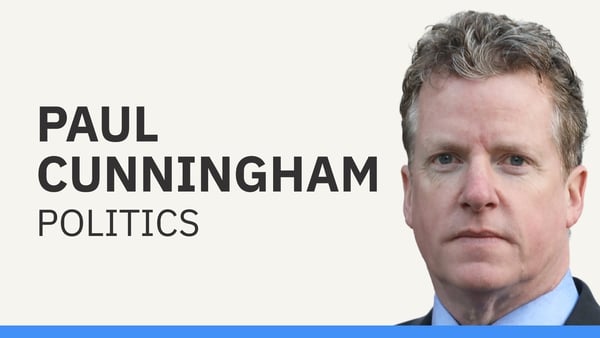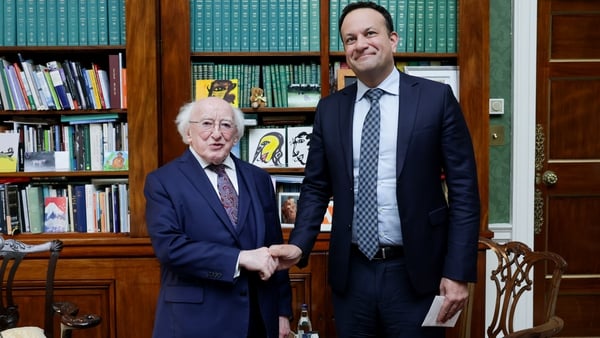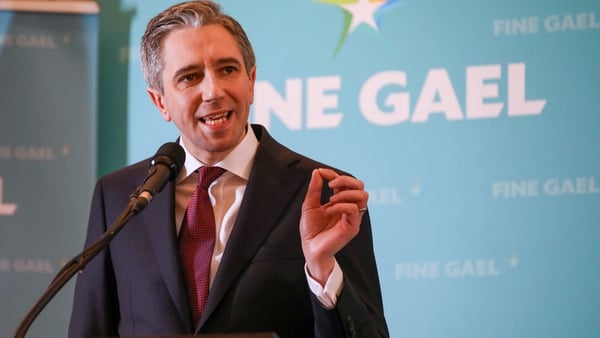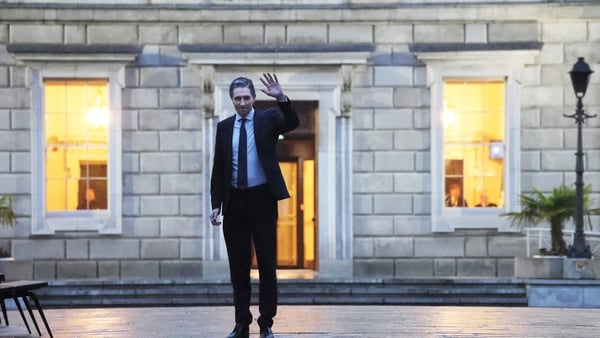Taoiseach Micheál Martin has held a two-hour meeting to discuss energy security, supply and price.
Green Party leader Eamon Ryan, Minister for Finance Paschal Donohoe and Public Expenditure Minister Michael McGrath were among those in attendance, as well as officials from the Tánaiste's office.
It is understood they discussed potential ways to alleviate the impact of rising energy costs.
No decisions were taken at yesterday's meeting, but the high level group will convene again - possibly next week.
Work is said to be ongoing to assess how the Government can continue to help relieve some of the pressure on people and business.
A statement said: "The Government is very conscious of the concern of households and businesses around increased energy costs.
"Over €2.4bn has been provided to help people with cost of living to date and the Government is continuing to assess how best to continue to help people over the coming months."
It comes as the European Union prepares to take emergency action to reform the electricity market and get a grip on energy prices that have soared since Russia invaded Ukraine, senior officials have said.
Energy ministers from EU member states will hold urgent talks in Brussels on 9 September.
High gas prices have been followed by disruptions in the nuclear and hydroelectric sectors amid a heatwave blamed on climate change - threatening businesses and households with massive bills.
"The skyrocketing electricity prices are now exposing the limitations of our current electricity market design," EU Commission president Ursula von der Leyen told a forum in Bled, Slovenia.
"It was developed under completely different circumstances and for completely different purposes. It is no longer fit for purpose," she said.
"That is why we, the Commission, are now working on an emergency intervention and a structural reform of the electricity market. We need a new market model for electricity that really functions and brings us back into balance."
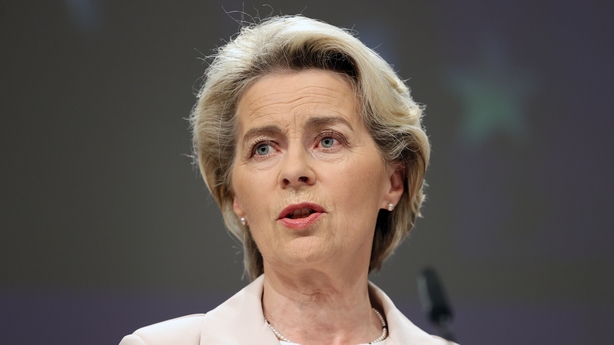
Separately, Germany's Chancellor Olaf Scholz also called for action.
Speaking at a press conference after talks with Czech Prime Minister Petr Fiala, Mr Scholz said that "we are in complete agreement that rapid action has to be taken" to reform the market.
"My impression is, I think our common impression is, that this will now succeed more quickly across Europe than under other framework conditions," he said.
The Czech Republic holds the rotating presidency of the European Union, and it was Czech Industry and Trade Minister Jozef Sikela who announced next week's emergency talks.
"We must fix the energy market. Solution on the EU level is by far the best we have," he said on Twitter.
The European Commission has yet to publish a detailed plan for market reform, but some member states have been pushing for a temporary cap on wholesale gas prices.
EU officials are also considering measures to split electricity price setting from the gas price and take into account other energy sources.
Some member states have launched price reduction measures of their own, but Brussels believes EU capitals working together will be more effective.
The move comes as the 27-nation bloc is trying to shed dependence on supplies of Russian oil and gas following Moscow's assault on Ukraine.
Reduced supplies and anxiety over the future have sparked rocket growth in energy prices across Europe.
Private pools
On Friday, Germany and France reported record electricity prices, with the German year-ahead contract jumping to €995 per megawatt hours, while the French equivalent soared past €1,100 - compared to €85 in both countries last year.
Nicolas Berghmans, an expert at the Institute for Sustainable Development and International Relations in Paris, told AFP that Brussels had already been working on a plan to reform the electricity market before the crisis hit.
"A year ago, there were only a few countries in favour of these measures - and some that were very sceptical of a change in the architecture of the electricity market. That's changing. Today we have proposals that are beginning to be on the table," he said.
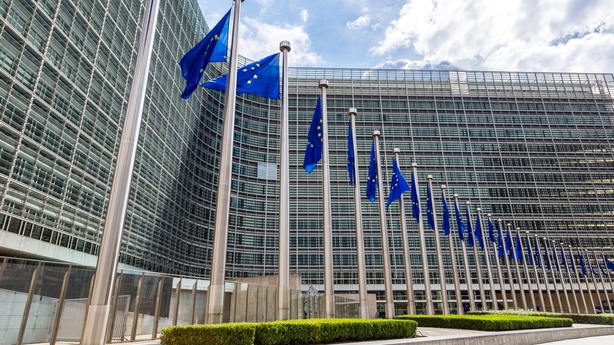
Germany, heavily dependent on Russian gas, has notably put aside its scepticism.
The European Commission is planning to cut EU dependency on Russian gas by two-thirds this year and end its reliance on Russian supplies of the fuel before 2030.
The EU has targeted the Russian energy sector in its sanctions, banning coal imports from Russia.
Its plan to cut gas consumption across the bloc by 15% to cope with the energy price crisis came into effect earlier this month.
The aim is for the EU to be able to bolster its reserves of gas in time for what is likely to be a very tough winter.
Some EU nations are launching power saving drives, including measures to cut back on air conditioning, switch off illuminated advertising screens at night and banning the heating of private swimming pools.
Germany said yesterday that is was replenishing its gas stocks more quickly than expected and should meet an October target early.
Some member countries, however, have had carve-outs from strictly following the rules as they are too dependent on Russian supplies.
French PM warns of 'rationing'
French Prime Minister Elisabeth Borne has warned company bosses about the risk of energy rationing this winter and urged them to take steps to reduce their consumption.
"If we act collectively then we can overcome the risk of shortages, but unless everyone takes part and if all the bad-case scenarios come together then we could be forced to impose reductions on consumers," she told the Medef business group.
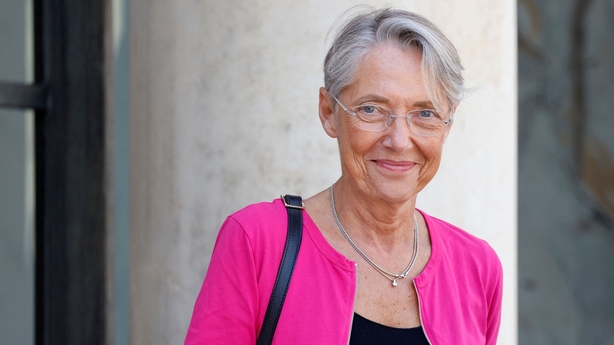
"If we end up with rationing, companies will be the most affected and unfortunately we need to be prepared for it," she continued.
She said the government was already drawing up contingency plans, which included a "quota trading system" that would enable companies to buy and sell power quotas.
The government was also preparing measures to support companies.
"Every company needs to mobilise and act. I call on everyone to establish their own energy-saving plans in September," she said, while stressing that the crisis caused by record-high energy prices would help the transition away from fossil fuels.
"The months ahead are just a step in the bigger transition that we need to make," she said.
Additional reporting by AFP, Reuters


